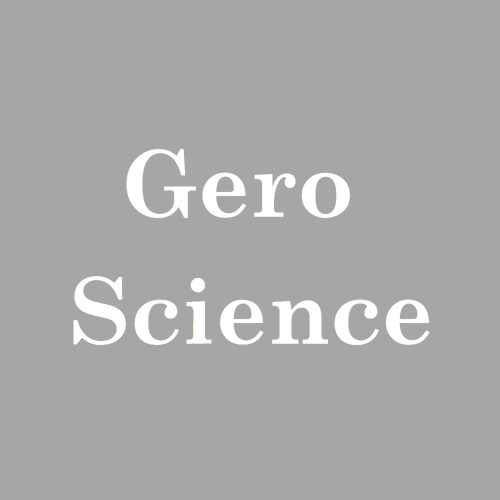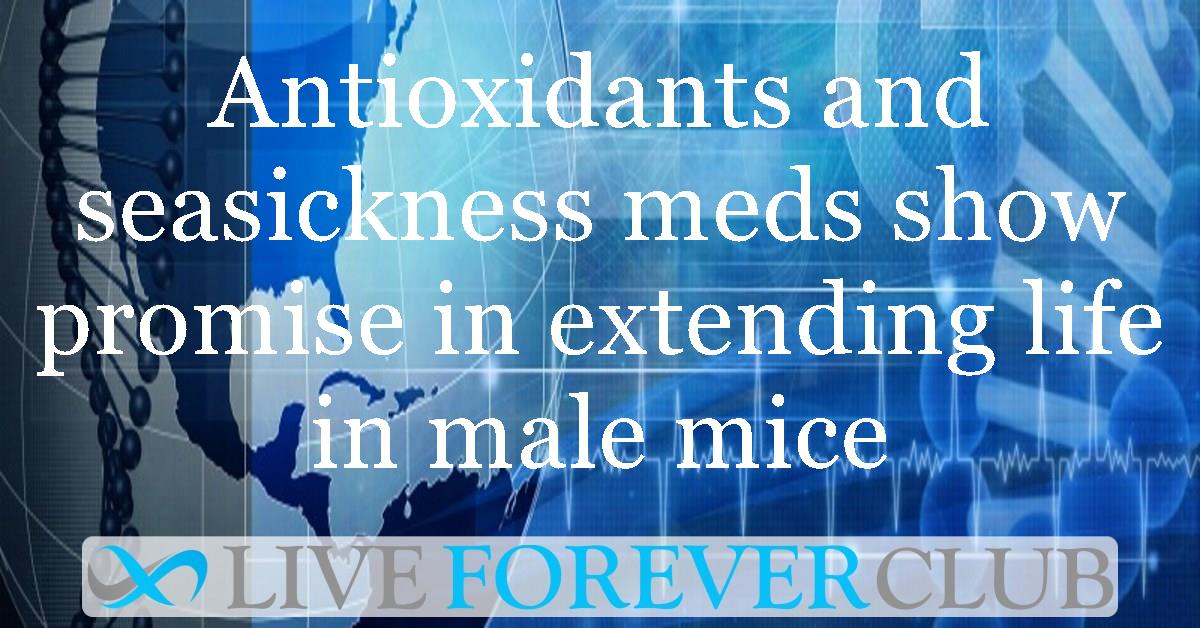A groundbreaking study at The Jackson Laboratory and the University of Texas has unveiled intriguing findings about lifespan extension in mice. This research, led by David E. Harrison, offers new insights into the possibilities of longevity science.
The Pursuit of Longevity
In the quest to extend life, scientists have long been fascinated with the potential of certain compounds to influence lifespan. This study examined various compounds, including Astaxanthin, Meclizine, Fisetin, SG1002, Dimethyl Fumarate, Mycophenolic Acid, and 4-Phenylbutyrate, for their effects on the lifespan of UM-HET3 male mice.
Methodology & Promising Results
The methodology of the study involved assessing the effects of various compounds on the lifespan of genetically heterogeneous UM-HET3 mice. The study was conducted at multiple sites, including The Jackson Laboratory and the University of Texas Health Science Center. Key aspects of the methodology included:
Mouse Model: Utilising UM-HET3 mice, a genetically heterogeneous strain, to ensure broader applicability of the findings.
Test Agents: Investigating the impact of Astaxanthin, Meclizine, Fisetin, SG1002, Dimethyl Fumarate, Mycophenolic Acid, and 4-Phenylbutyrate.
Dosing and Administration: Each compound was administered at specific doses and schedules, determined based on prior research and safety profiles.
Longevity Assessment: Monitoring the lifespan of mice in both control and treatment groups, with a focus on identifying statistically significant differences in lifespan extension.
Statistical Analysis: Employing rigorous statistical methods to analyse the lifespan data, ensuring the validity of the findings.
This approach allowed for a comprehensive evaluation of the effects of these compounds on ageing, providing valuable insights into potential anti-ageing therapies.
In the study, Astaxanthin, a potent antioxidant, and Meclizine, an anti-nausea medication, emerged as standout compounds. Astaxanthin showed a remarkable 12% increase in the median lifespan of male UM-HET3 mice. This significant extension suggests that Astaxanthin might influence ageing-related processes. Meclizine also demonstrated notable results, extending the lifespan of male mice by 8%. These findings are particularly intriguing as they highlight the potential of these compounds in modulating lifespan, possibly through mechanisms related to oxidative stress and metabolic regulation. The gender-specific effects observed in the study underscore the complexity of ageing and the need for further research to understand the underlying biological mechanisms.
Interestingly, other tested compounds like Fisetin, a flavonoid linked to senolytic activity, and SG1002, a hydrogen sulfide donor, did not significantly affect lifespan in either sex. This highlights the complexity of ageing and the need for targeted approaches in longevity research.
The Gender Factor
"The Gender Factor" in ageing research, particularly highlighted in the study on Astaxanthin and Meclizine, underscores the significance of gender-specific responses in the ageing process. The study observed that these compounds extended the lifespan of male UM-HET3 mice but not females, suggesting fundamental differences in the biological ageing mechanisms between sexes. This finding is crucial for several reasons:
Biological Pathways: It indicates that males and females may have different biological pathways that influence ageing. This could be due to various factors, including hormonal differences, genetic variations, or distinct metabolic processes.
Implications for Research: The result underscores the importance of including both genders in ageing research. Historically, many studies have overlooked gender differences, leading to a gap in understanding how ageing processes may differ between males and females.
Development of Therapeutics: For the development of anti-ageing therapies, this gender-specific response is vital. It suggests that treatments effective in one gender may not necessarily work in the other, highlighting the need for personalized approaches in developing longevity interventions.
Future Directions: The study's findings advocate for more comprehensive research into the gender-specific aspects of ageing. It opens new avenues for exploring how different genders age and how interventions can be tailored accordingly.
Broader Understanding of Ageing: This research contributes to a more nuanced understanding of ageing. Recognizing the gender factor in ageing can lead to more effective strategies for combating age-related diseases and conditions.
Implications for Ageing and Longevity
The implications of this research in the context of ageing and longevity are substantial. The study's findings that Astaxanthin and Meclizine can extend the lifespan in male mice highlight the potential of these compounds in influencing the biological mechanisms of ageing. This research contributes to our understanding of the complex interactions within the ageing process, suggesting new avenues for anti-ageing therapies and interventions. The gender-specific effects observed also call for a more nuanced approach in ageing research, considering the different biological pathways in males and females. This work could ultimately lead to the development of targeted treatments that not only increase lifespan but also enhance the health and quality of life in the elderly population. Such advancements could be revolutionary, offering hope for a future where ageing is managed more effectively and healthily.
Conclusion and Acknowledgements
Astaxanthin and Meclizine show potential in extending the lifespan of male UM-HET3 mice, suggesting these compounds could play a role in anti-ageing strategies. However, other tested compounds did not significantly affect lifespan. This research underscores the complexity of ageing and the need for targeted approaches, considering gender-specific responses. These findings pave the way for further research into the mechanisms of ageing and potential therapeutic applications to enhance human health and longevity.
The research was conducted under the leadership of David E. Harrison, et al., at The Jackson Laboratory and the University of Texas. Their pioneering work, supported by numerous colleagues, offers exciting prospects for the future of ageing research.
Published in GeroScience, this study not only advances our scientific knowledge but also ignites hope for the development of interventions that could extend human healthspan and lifespan.







